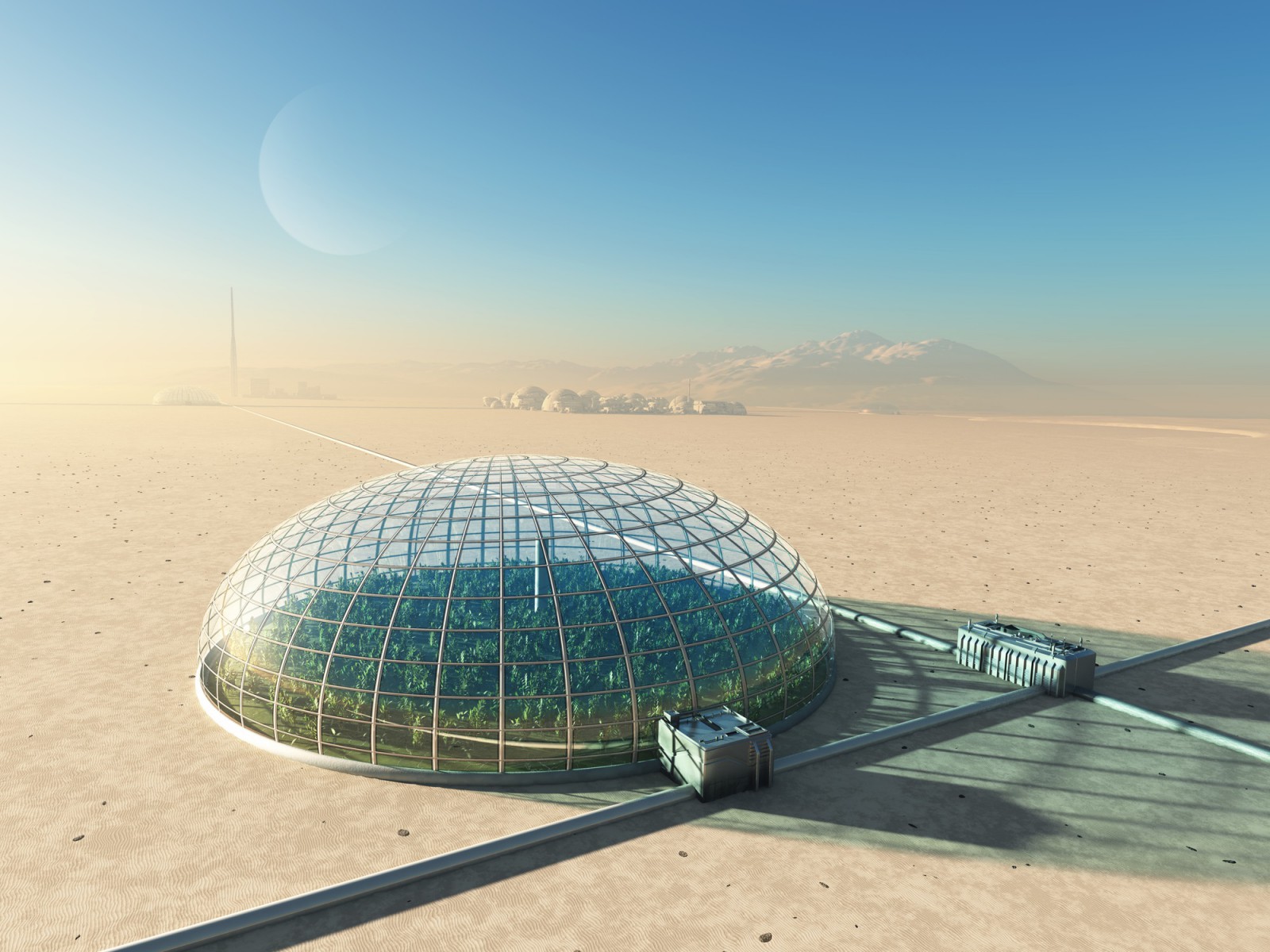Bioreactors: Revolutionizing Food Production in GCC region
05/04/2023
The GCC (Gulf Cooperation Council) is a region, comprising the seven states Saudi Arabia, UAE, Oman, Qatar, Bahrain and Kuwait, that faces unique challenges when it comes to food production. With a rapidly growing population, scarce water resources, and a harsh climate, traditional agriculture is often limited. However, in recent years, bioreactors have emerged as a promising technology for producing healthy food options in the region.
Food Security in the GCC
Currently, the majority of the member states of GCC heavily rely on food imports to meet their domestic needs. To address this, governments in the region have implemented various policies to ensure food security, including investment in domestic agriculture and strategic food reserves. For example, the UAE has established a food security council to develop strategies for improving food self-sufficiency and diversifying food sources. One of such alternative food sources is the usage of bioreactors for cell-cultured food, precision fermentation and alternative proteins.Big opportunities for alternative food sources in the Middle East
Bioreactors are essentially closed systems designed to support the growth of cells in a controlled environment. They are used to grow plant, microbial or animal cells, which can then be processed into protein-rich foods such as meat substitutes, plant-based dairy products, cultured protein or hybrid foods. As governments of countries in GCC become more concerned about ensuring food security, the demand for alternative protein products is likely to increase.Bioreactor technology for cultured meat
One of the key opportunities for bioreactor technologies in GCC is in the production of cultured meat. As the demand for meat continues to rise, there is a growing interest in its alternatives. Lab-grown meat is a relatively new concept in the Middle East. However, it is gaining increasing attention in the region. For example, in 2022, the Israel-based company Aleph Farms announced plans to build lab-grown meat production facility in Abu Dhabi. Multiple researchers suggest that cultured meat has the potential to significantly reduce the environmental impact of meat production while providing a sustainable source of protein. However, the technology still needs substantial resources to be comparable with actual meat. Therefore, even though there is big opportunities for cultured meat, it is important to look at the exact parameters and its footprint regarding sustainability.
Future of the food industry in GCC
The future of bioreactor-cultivated food in the Middle East is promising, as the region faces increasing challenges related to food security and environmental sustainability. Bioreactors can produce high-quality, nutrient-rich food using less water and land compared to traditional farming methods. While the technology is still in its early stages, there is already significant interest in bioreactors for cultured food production in the Middle East. With its potential to address food security and sustainability challenges, it is likely that we will see even more innovation and growth in this space in the coming years.
Are you interested in further information?
Please do not hesitate to contact us: Dr. Isabelle Symonds, phone +49 6201 9915 10, Isabelle.Symonds@SchlegelundPartner.deValeria Mikhailova, phone +49 6201 9915 56, Valeria.Mikhailova@SchlegelundPartner.de © Schlegel und Partner 2023
Currently, the majority of the member states of GCC heavily rely on food imports to meet their domestic needs. To address this, governments in the region have implemented various policies to ensure food security, including investment in domestic agriculture and strategic food reserves. For example, the UAE has established a food security council to develop strategies for improving food self-sufficiency and diversifying food sources. One of such alternative food sources is the usage of bioreactors for cell-cultured food, precision fermentation and alternative proteins.Big opportunities for alternative food sources in the Middle East
Bioreactors are essentially closed systems designed to support the growth of cells in a controlled environment. They are used to grow plant, microbial or animal cells, which can then be processed into protein-rich foods such as meat substitutes, plant-based dairy products, cultured protein or hybrid foods. As governments of countries in GCC become more concerned about ensuring food security, the demand for alternative protein products is likely to increase.Bioreactor technology for cultured meat
One of the key opportunities for bioreactor technologies in GCC is in the production of cultured meat. As the demand for meat continues to rise, there is a growing interest in its alternatives. Lab-grown meat is a relatively new concept in the Middle East. However, it is gaining increasing attention in the region. For example, in 2022, the Israel-based company Aleph Farms announced plans to build lab-grown meat production facility in Abu Dhabi. Multiple researchers suggest that cultured meat has the potential to significantly reduce the environmental impact of meat production while providing a sustainable source of protein. However, the technology still needs substantial resources to be comparable with actual meat. Therefore, even though there is big opportunities for cultured meat, it is important to look at the exact parameters and its footprint regarding sustainability.
Future of the food industry in GCC
The future of bioreactor-cultivated food in the Middle East is promising, as the region faces increasing challenges related to food security and environmental sustainability. Bioreactors can produce high-quality, nutrient-rich food using less water and land compared to traditional farming methods. While the technology is still in its early stages, there is already significant interest in bioreactors for cultured food production in the Middle East. With its potential to address food security and sustainability challenges, it is likely that we will see even more innovation and growth in this space in the coming years.
Are you interested in further information?
Please do not hesitate to contact us: Dr. Isabelle Symonds, phone +49 6201 9915 10, Isabelle.Symonds@SchlegelundPartner.deValeria Mikhailova, phone +49 6201 9915 56, Valeria.Mikhailova@SchlegelundPartner.de © Schlegel und Partner 2023